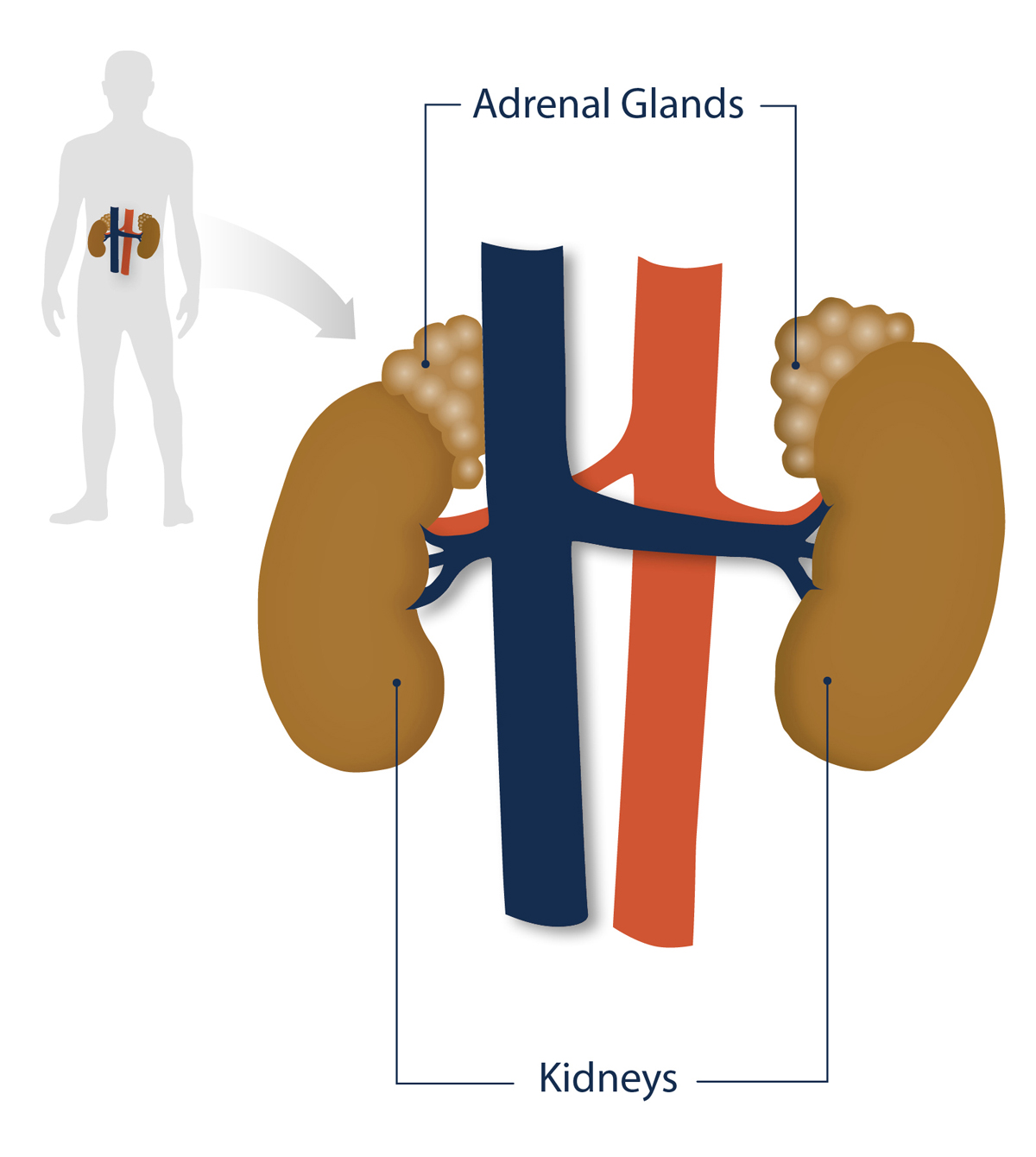Congenital Adrenal Cortical Hyperplasia: Unveiling Symptoms and Treatments
– Congenital adrenal hyperplasia (CAH) is a group of genetic disorders affecting the adrenal glands.
– CAH results in a lack of enzymes required to produce hormones such as cortisol, aldosterone, sex hormones, and adrenaline.
– Classic CAH is typically diagnosed at birth and may present with ambiguous external genitalia, low cortisol and aldosterone levels, and high levels of male hormones.
– Nonclassic CAH is milder and often diagnosed later in childhood or early adulthood, with symptoms such as excess body hair and irregular periods in women.
– The most common cause of CAH is a genetic mutation in the 21-hydroxylase enzyme, leading to increased production of male hormones.
– Symptoms of CAH can vary depending on the gene defect and level of enzyme deficiency and may include low appetite, nausea, dizziness, fatigue, and adrenal crisis.
– CAH can affect both males and females.
– CAH can be diagnosed through prenatal testing or after birth using blood tests and genetic testing.
– Treatment for CAH aims to reduce excessive androgens and replace deficient hormones through medication such as corticosteroids, fludrocortisone, salt supplements, oral contraceptive pills, and anti-androgen drugs.
– Regular physical exams and blood tests are necessary for monitoring hormone levels and treatment side effects.
– Individuals with CAH should receive information on managing illness and surgery.
– Girls with CAH may consider altering the appearance of their genitalia for functional or cosmetic reasons.
– The article was prepared by Dr. Roshan Dinparastisaleh, a 2021 Endocrinology Research Fellow, under the supervision of Dr. Hamrahian, Salvatori, and Morris-Wiseman.
